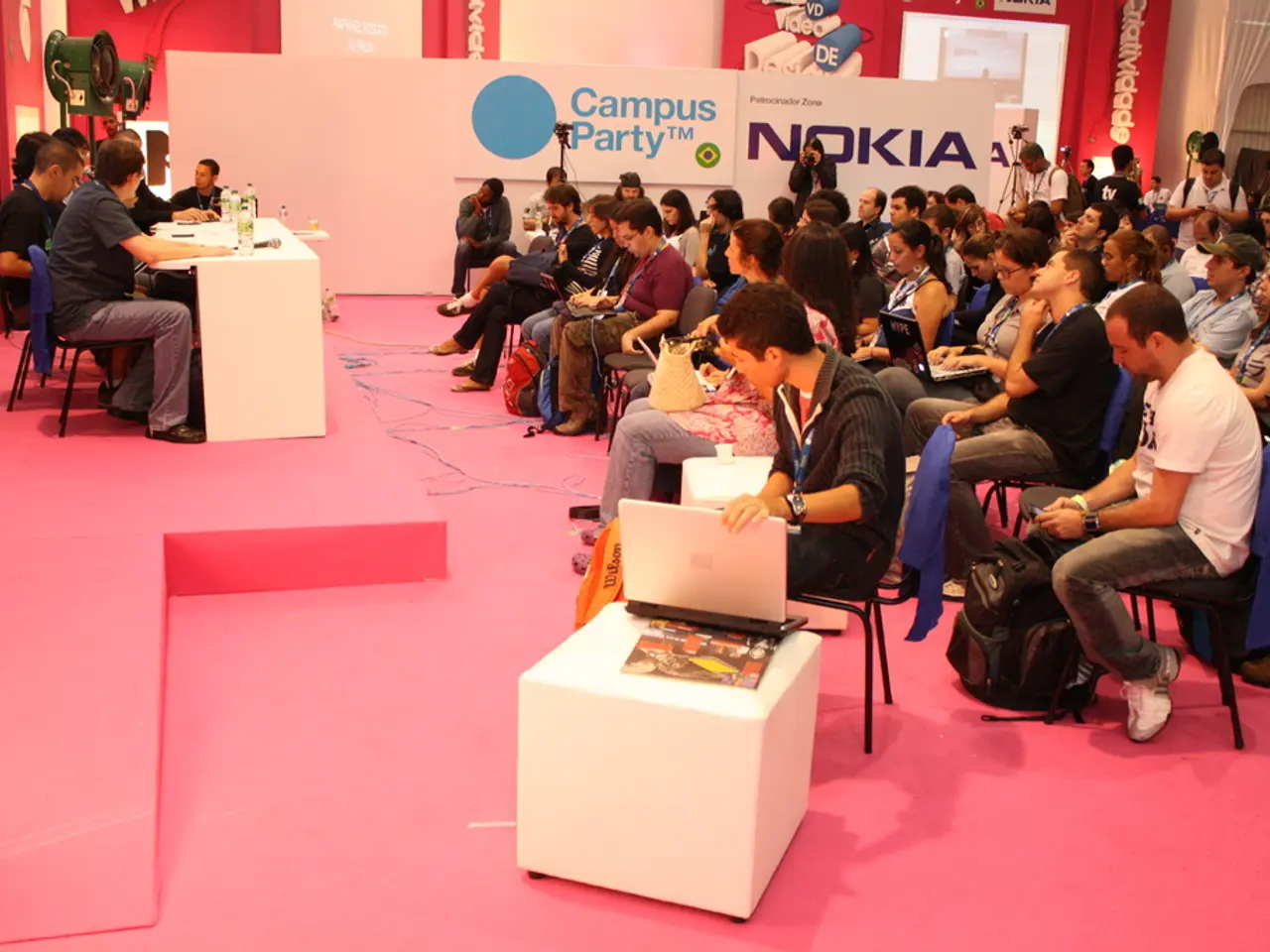Adopting Implementing Acts will be the Commission's action.
At the 8th annual conference of the European Academy of Religion (EuARe 2025), held in Vienna from July 8-12, 2025, an interdisciplinary panel on interreligious and political education took centre stage. Led by Dr. Aslıgül Aysel, Petra Juen, Dr. Lara Kierot, and Dr. Heike Krösche, the panel discussed the role of interreligious, pedagogical, and didactical approaches in political education within religious contexts.
Over 1000 scholars from theology, religious studies, philosophy, sociology, law, and politics attended the conference, which focused on the relationship between religion and socio-cultural and political issues. The theme of the conference was "Religion and Socio-Cultural Transformation: European Perspectives and Beyond".
The panel, titled "Religion and Political Education: Interreligious, Pedagogical, and Didactical Approaches", engaged with themes such as the role of religious education in shaping political identities and fostering democratic values, the challenges and methods in teaching interreligious understanding in politically diverse societies, and the dynamic between religious traditions and contemporary political education goals.
Dr. Aslıgül Aysel, who specializes in Islamic Religious Pedagogy, highlighted the importance of religious identity formation among Muslim children in primary schools, particularly in the context of Islamic religious education in Germany. She emphasized its impact on integration and political socialization.
Further plans for this interdisciplinary panel include continuing to develop frameworks for interreligious political education that address current societal challenges related to religious diversity and political inclusion. This involves deepening collaboration among scholars from theology, political science, pedagogy, and ethics to design inclusive curricula and teacher training programs suitable for pluralistic societies.
Dr. Lara Kierot, affiliated with the University of Vienna and specializing in Didactics of Political Education, and Dr. Heike Krösche, affiliated with the University of Innsbruck and specializing in History and Political Education, also participated in the panel. The discussion was stimulating and intense, providing a platform for open and closed panels, six keynote speeches, and book presentations.
EuARe promotes interdisciplinary and international exchange and research in the field of religion, fostering dialogue and understanding in a changing society. The conference explored the role and impact of religious dynamics in a changing society, extending beyond European perspectives. The panel's contributions, particularly those of Dr. Aslıgül Aysel and her colleagues, are a significant step towards advancing the dialogue on how interreligious education can contribute to political education.
Learning from the panel titled "Religion and Political Education: Interreligious, Pedagogical, and Didactical Approaches" at EuARe 2025, history and education-and-self-development scholars can explore the role of religious education in shaping political identities, fostering democratic values, and addressing current societal challenges related to religious diversity and political inclusion. Dr. Aslıgül Aysel's focus on Islamic Religious Pedagogy and its impact on integration and political socialization, particularly in German primary schools, emphasizes the importance of continued research and collaborative efforts in this field.




